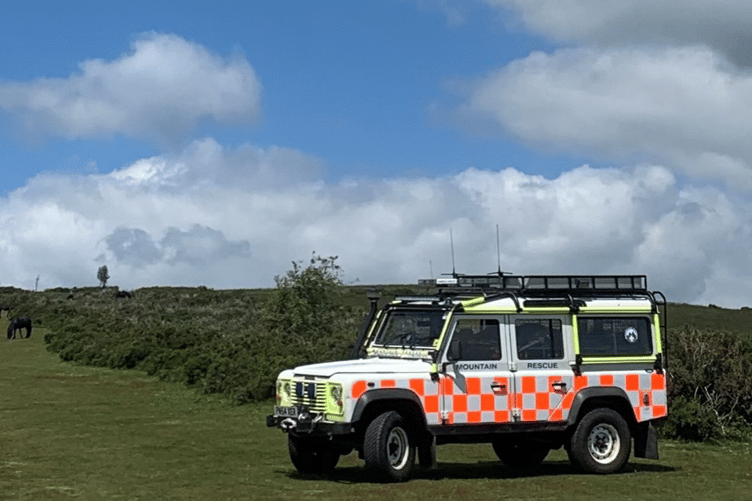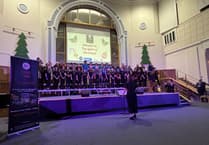VOLUNTEERS with Dartmoor Search and Rescue in Ashburton have been given a tech boost to help with their work in remote, rural locations.
The team has been granted a ‘connectivity boost’ from local technology company Unity5 which will improve their operational capabilities.
Unity5 has provided the charity with crucial Starlink Mini connectivity, that includes a year’s subscription, and partnered with Go2Sim for five essential roaming SIM cards.
Starlink is a satellite based Internet connectivity system that overcomes the Internet availability limitations in the rural terrain in which the team operates.
Until now it has faced significant connectivity issues that inhibited its ability to use digital tools which would enhance how it plans, manages and communicates during search and rescues.
The volunteer charity DSRT Ashburton responds to more than 40 emergency service requests for help every year.
It provides vital assistance not only to individuals lost or injured in remote locations such as Dartmoor, but increasingly to vulnerable people affected by mental health challenges or dementia across the whole of south and east Devon.
A spokesman for DSRT Ashburton said: ‘Thanks to Unity5’s generous sponsorship of Starlink connectivity for both our mobile incident control vehicle and rescue centre, we are now equipped to fully embrace digital technologies that enhance our operations.
‘This transformative connectivity empowers our search managers with access to collaborative planning tools, and advanced communication capabilities, improving the effectiveness of our rescue response.
‘We’re incredibly grateful to Unity5 for its support in helping us stay connected.
‘It demonstrates how collaboration with our business supporters can make a positive difference when we are called to those in need.’
Unity5 CEO Mark WIlson said ‘We pride ourselves on supporting local charities with their endeavours, and this cause is no different.
‘We are thrilled to equip DSRT Ashburton with the reliable connectivity they need to continue their life-saving work, often in the most challenging environments.’

.jpg?width=209&height=140&crop=209:145,smart&quality=75)



Comments
This article has no comments yet. Be the first to leave a comment.